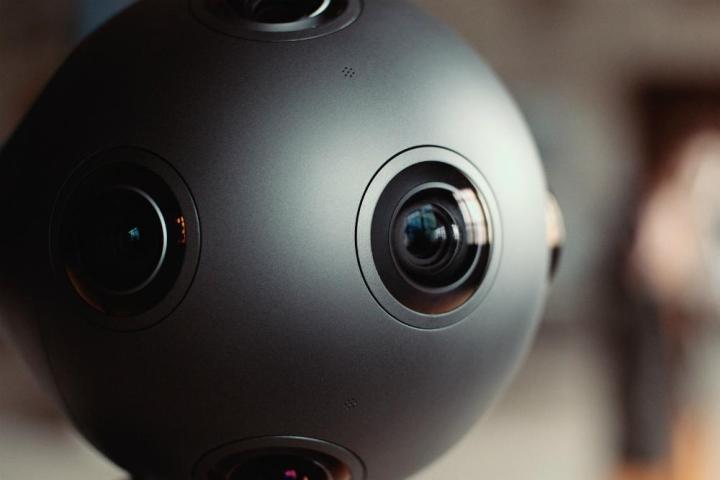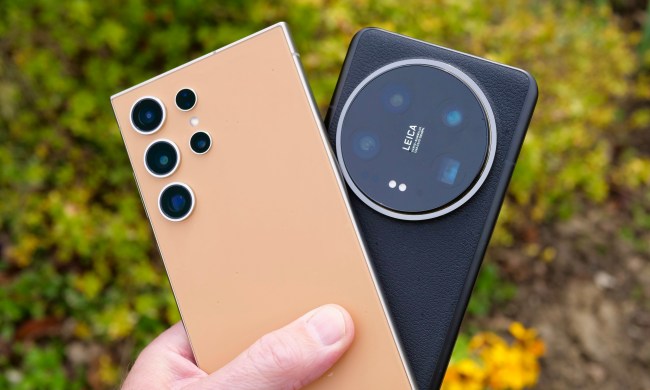
“In digital media, the slower-than-expected development of the VR market means that Nokia Technologies plans to reduce investments and focus more on technology licensing opportunities,” the statement reads. “The unit aims to halt development of further versions of the OZO VR camera and hardware, while maintaining commitments to existing customers.”
The Ozo is a high-end virtual reality camera with a $45,000 price tag that makes the camera off-limits to consumers and focused on professional content development. During a presentation at Mobile World Congress in April, the company announced plans to focus on professional-grade VR equipment along with high-speed wireless and consumer smartphones.
Nokia did not release any hard numbers on the Ozo’s sales but they were slower than expected for the $45,000 camera. At the time of the 2015 launch and major 2016 firmware upgrade, Nokia said that the Ozo was the only option designed specifically for the professional level. The change means the Ozo won’t be seeing more hardware updates, but Nokia says they will continue working with current customers.
The change also means as many as 310 staff members out of Nokia’s 1,090 could lose their jobs. The staffing changes affect Nokia locations in Finland, the U.S., and the U.K.
Instead, Nokia will continue shifting their focus to digital health, an area of growth the company announced a focus on earlier this year to continue growth from the acquisition of Withings in 2016. Investments in virtual reality will be “optimized” — the company says they will focus more on licensing opportunities rather than development.
“Nokia Technologies is at a point where, with the right focus and investments, we can meaningfully grow our footprint in the digital health market, and we must seize that opportunity,” Gregory Lee, president of Nokia Technologies, said in a statement. “While necessary, the changes will also affect our employees, and as a responsible company we are committed to providing the needed support to those affected.”
Nokia’s shifting focus isn’t unusual for the company that launched in 1865 as a paper mill and over the years delved into industries from cable to rubber boots. In 2014, a majority of the company was acquired by Microsoft, leaving the company with Nokia Technologies and Nokia Networks.



